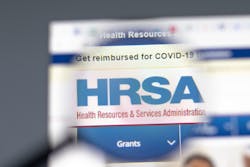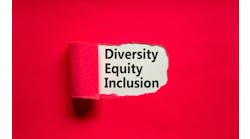To commemorate National Health Center Week, the federal Health Resources and Services Administration (HRSA) is awarding approximately $90 million to nearly 1,400 community health centers across the country to advance health equity through better data collection and reporting.
The funding supports a data modernization effort aimed at better identifying and responding to the specific needs of patients and communities through improved data quality; advancing COVID-19 response, mitigation, and recovery efforts; and helping prepare for future public health emergencies.
HRSA's initiative is designed to enable health centers to have better data on both patient health status and social determinants of health. The idea is that with better information, programs can tailor their efforts to improve health outcomes and advance health equity by more precisely targeting the needs of specific communities or patients, particularly as part of the public health emergency response.
"Time and again, the COVID pandemic has demonstrated the vital role of trusted community leaders in delivering health care services," said HRSA Administrator Carole Johnson, in a statement. "Health centers are that trusted resource in the highest-risk and hardest-hit communities in the country. As we recognize the heroic work of the frontline healthcare workers who make health centers what they are, today we also are investing in the tools they need to help them continue to best serve their communities."
These HRSA-funded community health centers in this country serve as a national source of primary care in underserved communities. They are community-based and patient-directed organizations that deliver affordable, accessible, and high-quality medical, dental, and behavioral health services to more than 30 million patients each year, with specific initiatives intended to reach people experiencing homelessness, agricultural workers, and residents of public housing.
In 2021, HRSA-funded health centers provided care for one in five residents in rural areas and one in 11 people nationwide. One in three health center patients is living in poverty, and nearly two-thirds are racial/ethnic minorities.


